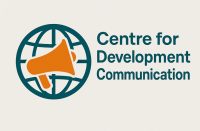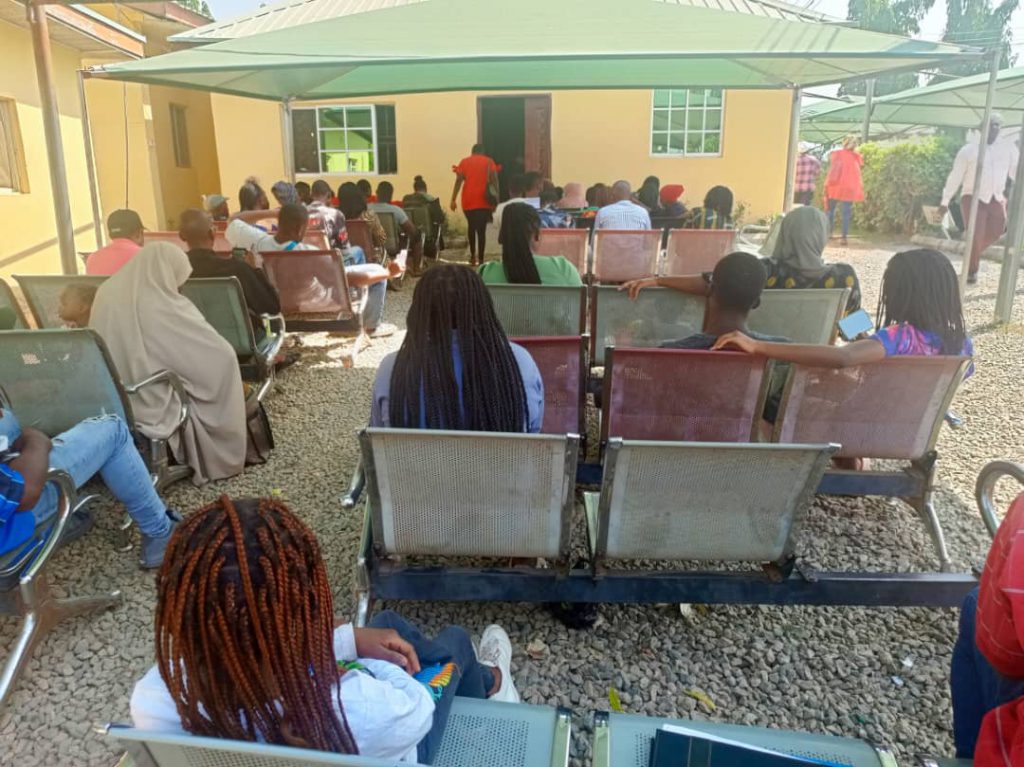The use of Knowledge, Attitude, and Practices (KAP) as the fundamental pillar for Behavioural Change Communication (BCC), working with a community nurse to lead the process, resulted in the Zuma community of FCT-Abuja men and women changing their mindset and behaviour, leading to improved family planning practices.
Using the KAP as a pillar for BBC to achieve improved family planning practices, the Centre for Development Communication (CDC) approach was using a community nurse within the Knowledge, Attitude, and Practice (KAP) framework to implement Behavioural Change Communication (BCC) at the Zuma community of FCT-Abuja, Nigeria. Together with the community nurse, we identified existing knowledge and gaps, and deployed participatory communication where community members were taught the importance of family planning practices using local language.
This approach worked effectively because the community nurse understands what the community knows, how they feel about family planning practice, and what they actually do about it. This enabled us to design an effective BCC suitable for the community. Most importantly, the community trusts the nurse and believes in the health information from her. A factor that played a huge role in the success of our BBC intervention.
This approach brought significant improvement in family planning practice in the community. The Monitoring and Evaluation conducted by the CDC in March 2025 showed a 95% increase in family planning and antenatal care in the community. The results showed that apart from the majority of women and a greater number of men approaching the community nurse for family planning advice, a greater number of women approach her for antenatal care advice and hospital recommendations.
Some of the women and men spoken to during the M&E visit disclosed that the series of participatory communication facilitated by the community nurse helped them to understand the importance of family planning practices. They also added that it was easy for them to accept family planning teachings from the community nurse because they believe and trust any health information from her, having relied on her for healthcare for 10 years.
“We began taking family planning practices seriously when our nurse told us it is good for us, we don’t doubt her because she knows a lot about our health,” one of the women said during the M&E visit.
Results from the evaluation exercise revealed that Behavioural Change Communication rooted in Knowledge, Action and Practice with trusted community nurses or health workers targeting family planning practices among the rural population is effective when compared to radio, television, and social media approaches. Reliance on Radio, Television, and Social Media only pushes campaign advocacy that does not result in a tangible impact.
Audu Liberty Oseni,
Director, Centre for Development Communication (CDC).

